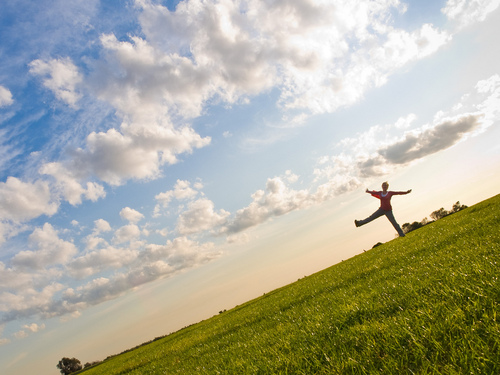A January NYTimes Magazine article, “Is There an Ecological Unconscious?” by Daniel B. Smith, has amped up understanding and interest in the deep emotional tether between humans and their natural environment. A plethora of terms—ecoparalysis, ecoanxiety, nature-deficit disorder— are emerging as social scientists seek to explore and define the relationship. And of course this exploration is only gaining momentum as scholars, governments, grassroots community leaders and just plain folks all over the globe are more conscious and more vocal about planet health.
Panoramix View: Corporations and their legal eagles need to be aware that the depression and anxiety now recognized as ecopsychology continues to be documented as it builds a foundation for legitimacy as an authentic environmental illness. The symbiotic relationship between consumers and their planet is no longer a woo woo Gaian ethos but an opportunity for brand stewardship. The first place to go to to stay attuned to the evolving eco-info is a subscription to the new quarterly Ecopsychology. The publication’s mission is to showcase the “effects of healthy and degraded natural environments on human development, identity and wellbeing, as well as the impact of human behavior and culture on environmental degradation and sustainability.”

